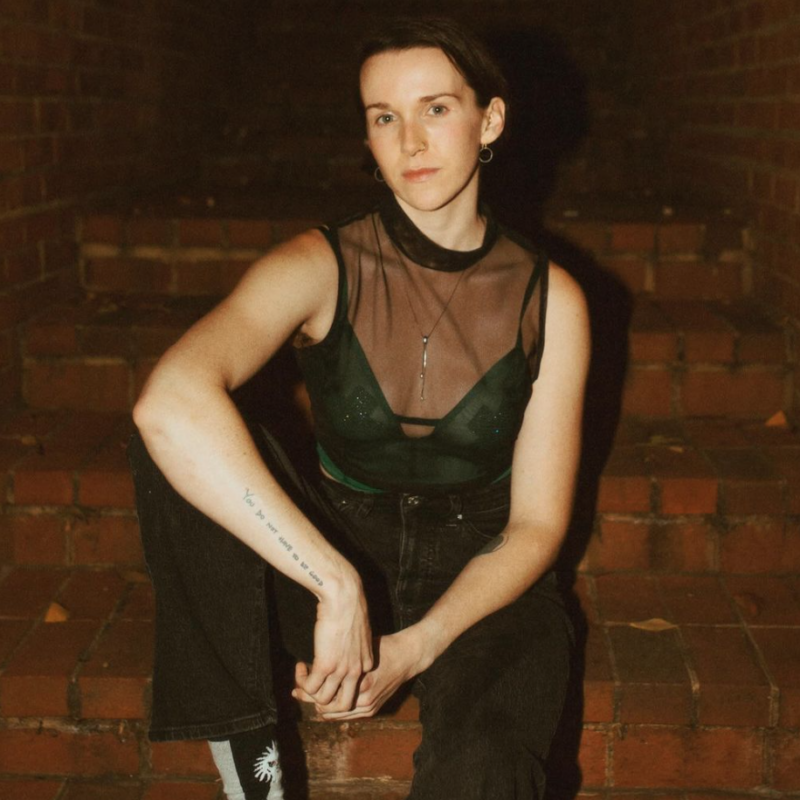As he’s aged and moderated his public image, Clint Eastwood has taken to directing movies with a certain unhurried, chivalrous confidence. When it charms, people call it “classical.” Otherwise, maybe the word they’re looking for is “fogeyish.” In the clunky, overlong Changeling, a true tale of child abduction, authoritarian corruption and maternal indignation in late-’20s Los Angeles, Eastwood’s restraint becomes its own kind of mugging. Instead of indulging and enlivening his inherently sensationalistic material, he dulls it.
Angelina Jolie, tucked neatly into Cloche hat and polite composure, is Christine Collins, a hard-working telephone switchboard supervisor and single mom. She’s so hard-working, in fact, that she tends to skimp on quality time with her 9-year-old son, Walter (Gattlin Griffith). But Christine adores her boy, and does manage to go over a few things with him that will be important later. For example, her favorite piece of advice: “Never start a fight, but always finish it.”
|
Changeling becomes a pastiche of period weepie, light horror, police procedural and social protest. Given that scope, you’d think the central characters might have more than one dimension each. |
That motto is important to screenwriter J. Michael Straczynski, who first used it in the TV show “Babylon 5,” and now makes it the central dramatic challenge of Changeling. When Christine comes home one day to find Walter gone, and later discovers that the local law enforcement is, to understate the matter, not helping, she’ll have to take her own advice.
Several agonizing months pass, and then a sketchy-seeming police captain (Jeffrey Donovan) announces that the boy has been found. A press-conference reunion is arranged. The problem, Christine points out, is that the boy isn’t Walter. The police persuade her to take him home anyway. No, it doesn’t really work out.
When Christine gets fed up, the captain sends her to the psych ward, where every nurse is a variation on Louise Fletcher’s frigid harpy from One Flew Over the Cuckoo’s Nest, and the sadistic supervising physician (Denis O’Hare) prescribes condescending mind games and compulsory sedatives. That approach has done wonders, which is to say horrors, for Christine’s fellow inmates, but at least one of them is a gold-hearted hooker (Amy Ryan) who clarifies that this is what happens when women get too uppity with the cops.
Of course, part of Jolie’s allure is that she was tough to begin with, so watching her step up to toughness is a bit of a bore. Eastwood pretends to eschew any nostalgia for “a simpler time” by belaboring the point that this particular era was sick with municipal malfeasance. But still he fetishizes the period details—not least the romanticized motherly nobility of his protagonist, to which Jolie wholeheartedly subscribes by crying her way through the movie.
Help comes from John Malkovich as Reverend Gustav Briegleb, who’s made it his mission to expose the L.A.P.D.’s shameful behavior and becomes increasingly outspoken as Christine’s situation worsens. Which it does, certainly, with the revelation that a serial killer is within their midst.
How gallant of Eastwood to take all this on. As Straczynski unfurls it for him, Changeling becomes a pastiche of period weepie, light horror, police procedural and social protest. Given that scope, you’d think the central characters might have more than one dimension each.
As for Changeling’s classicism, well, if no-nonsense cinematic storytelling today means portentous shots of menacing hatchets and crumbling cigarette ashes and characters being startled by the rap of a judge’s gavel, fine. But to top it all off with yet another of Eastwood’s own soporific, melodically benumbing piano-tinkle scores? Charming, not so much.






